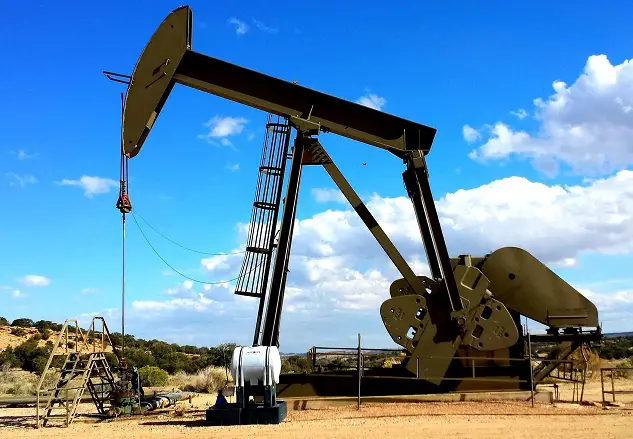On Saturday, the Wall Street Journal reported that Saudi Arabia has accused Russia of not fully fulfilling its pledge to voluntarily restrict its oil production in response to Western sanctions, according to people familiar with the matter.
Reportedly, Riyadh has lodged complaints with senior Russian officials regarding the discrepancy, and requested that Moscow hold to its promise to cut 500,000 barrels per day (bpd) in production output that it made in April.
The restrictions, which were to go into effect in May, were designed to support global oil prices, in protest of a series of price caps the Western powers imposed on the Russian sale of petroleum products. Combined with production cuts announced by OPEC+, the combined volume of oil production which was expected to be removed from the market would have been 1.66 million barrels per day. The production cuts were to have been implemented on top of a November 2022 agreement by OPEC+ to collectively reduce oil production quotas by 2 million barrels per day.
Russian Deputy Prime Minister Aleksandr Novak had said in February that Moscow intended to voluntarily reduce its production output starting in March by 500,000 barrels per day, composed largely of refused sales to buyers who intended to comply with the Western imposed price cap. Russia later extended the production cuts until June, and later announced they would be extended until the end of the year.
Since the announcement, Novak has made statements noting that Moscow is adhering to the output cuts of 500,000 barrels per day.
Earlier this month, Novak said, “Taking into account the unfounded speculation in the press regarding oil production levels, Russia reaffirms its full commitment to and implementation of voluntary oil production cut levels.”
At the same time, the International Energy Agency (IEA) noted that oil exports from Russia hit a 14-month high in April, with the majority of the shipments traveling to Asian markets which are unaffected by Western sanctions. The IEA report concluded that Russia had not fully implemented its planned production reductions. It was estimated that the nation’s oil trade revenues in April added up to $15 billion, $1.7 billion more than the previous month.

